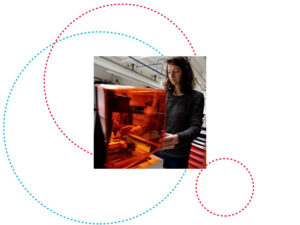The University of Luxembourg and Guardian Glass announce the launch of a new scholarship programme to support international Master’s students in physics or engineering. The programme, funded by Guardian Glass, will contribute to enhance the academic excellence and international attractiveness of the study programmes.
The new scholarship will be awarded for the first time in 2020 based on merit and /or need. The scholarship will go towards meeting international students’ expenses while studying and living in Luxembourg.
The Faculty of Science, Technology and Medicine of the University of Luxembourg offers a wide range of Master’s programmes. The Master of Science in Physics and four Master’s programmes in engineering are selective academic programmes that aim to attract top students globally to study physics, materials science, and engineering. Those students either go on to find a job in industry or prepare for a PhD.
“The Faculty of Science, Technology and Medicine is honoured to receive this generous support from Guardian Glass. It contributes to establishing the University of Luxembourg as a first-rate institution for Master degrees in physics and engineering. By attracting strong students to our Master’s programmes, this scholarship also helps the University in its key mission of providing promising, well-trained students who are essential to the development of a knowledge-based economy in Luxembourg,” says Jean-Marc Schlenker, dean of the faculty.
“Guardian Glass has been an employer of choice and part of the Luxembourg community for nearly 40 years,” says Guus Boekhoudt, vice president of Guardian Glass Europe. “We’re pleased to be able support this scholarship programme and the University of Luxembourg to encourage student development in the sciences.”
